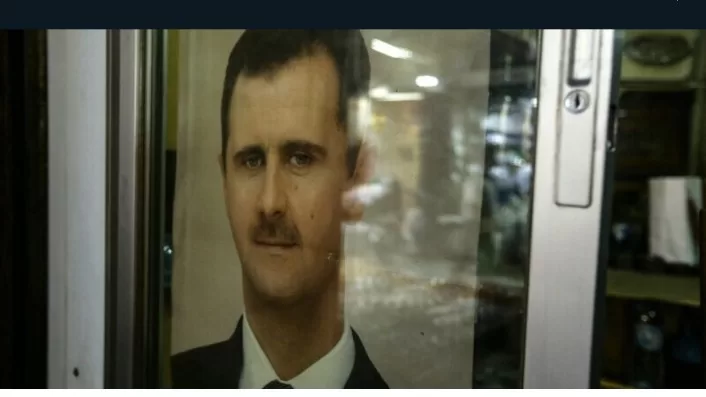In a significant diplomatic move, Syrian President Bashar Al-Assad embarked on his first official trip to China in nearly two decades, aiming to secure financial assistance for the extensive reconstruction efforts required in his war-torn nation.
This visit makes China one of the few countries outside the Middle East that President Assad has visited since the commencement of the civil war in 2011, a conflict that has tragically claimed the lives of over half a million individuals, displaced millions, and ravaged Syria’s vital infrastructure and industries.
Assad joins a roster of leaders marginalized by the Western world who have received warm receptions in Beijing, including Venezuelan leader Nicolas Maduro and Iran’s President Ebrahim Raisi earlier this year, in addition to high-ranking Russian officials.
President Assad arrived in the eastern city of Hangzhou, where he is scheduled to attend the opening ceremony of the Asian Games on Saturday.
Upon his arrival, President Assad’s Air China aircraft was greeted on the tarmac with jubilant music and a display of performers adorned in vibrant costumes. The flags of both China and Syria fluttered against the backdrop of the sky, a scene captured by state broadcaster CCTV.
During his visit, President Assad and other foreign dignitaries will convene in Hangzhou with Chinese President Xi Jinping, according to CCTV reports.
The Syrian presidency has confirmed that President Assad will also travel to Beijing during this visit, marking his first trip to China since 2004.
It is important to highlight that Beijing has consistently extended diplomatic support to Damascus, particularly within the United Nations Security Council, where China holds a permanent seat.
Officials from both nations have engaged in numerous exchanges over the years. This visit is viewed as a significant departure from the diplomatic isolation and political ostracism that Syria has endured, as noted by Oussama Dannoura, a political scientist based in Damascus.
China’s expanding engagement in the Middle East is underscored by this visit. Earlier this year, Beijing played a pivotal role in brokering a reconciliation agreement between regional adversaries Saudi Arabia and Iran, leading to the restoration of diplomatic ties and the reopening of their respective embassies.
Syria’s reintegration into the Arab sphere was also marked at a summit in Saudi Arabia in May, signaling an end to more than a decade of regional isolation.
In 2019, Chinese Foreign Minister Wang Yi affirmed China’s firm support for Syria’s economic reconstruction efforts and its campaign against terrorism during discussions with Syria’s then-Foreign Minister Walid Muallem.
The Syrian conflict erupted following President Assad’s brutal crackdown on peaceful pro-democracy demonstrations, evolving into a devastating conflict that drew in foreign powers and extremist groups.
Assad’s regime categorizes all opposition factions, ranging from non-violent activists to armed rebels and jihadists, as “terrorists.”
Lina Khatib, Director of the Middle East Institute at SOAS University in London, suggests that President Assad’s visit to China is intended to convey a sense of international legitimacy for his regime and portray the prospect of substantial Chinese support for Syria’s reconstruction efforts. Khatib acknowledges the timing’s significance, given ongoing protests in southern Syria calling for regime change.
Analysts anticipate that discussions during Assad’s visit will center, in part, on securing financial assistance for post-war reconstruction. Syria formally joined China’s expansive Belt and Road trade and infrastructure initiative in January 2022.
Haid Haid, a consulting fellow at London’s Chatham House, notes that the focal point of these discussions is expected to revolve around persuading China to contribute to Syria’s economic recovery. While China pledged $2 billion in investments in Syria in 2017, these funds have yet to materialize, raising questions about their actualization.
For Syria, participation in the Belt and Road initiative has thus far failed to yield significant Chinese investments, either from the government or the private sector, underscoring the importance of President Assad’s visit in seeking concrete support for reconstruction efforts.
By AFP







